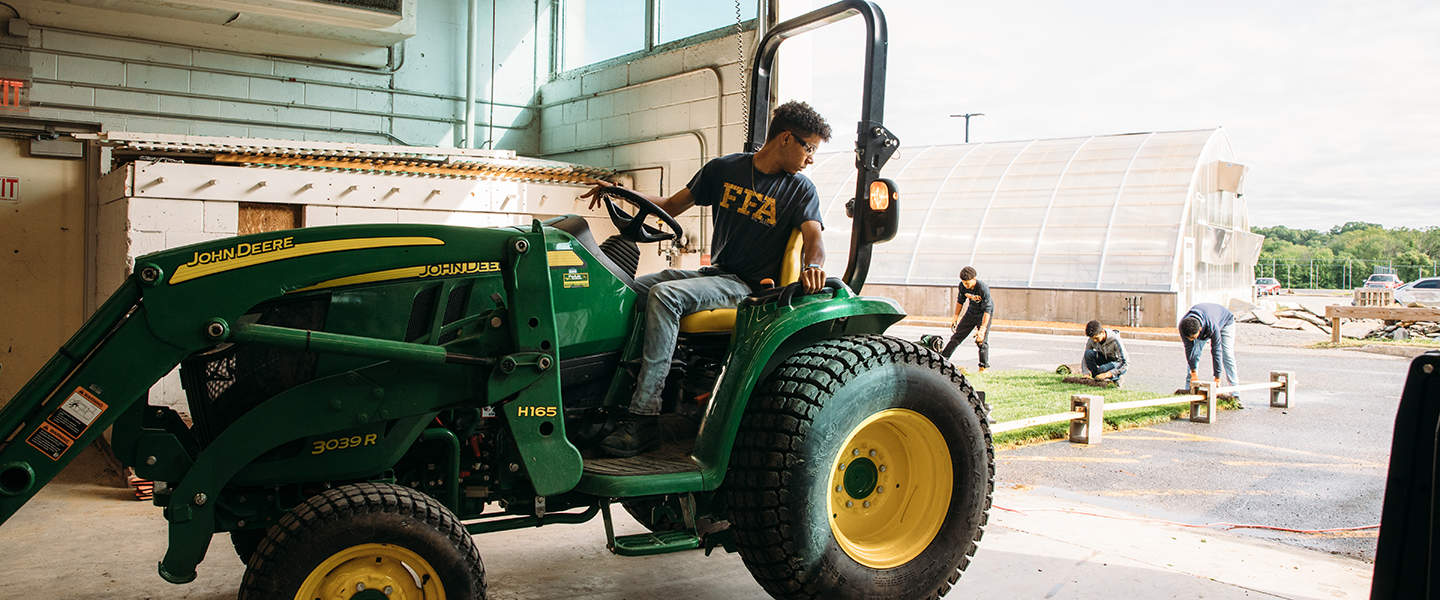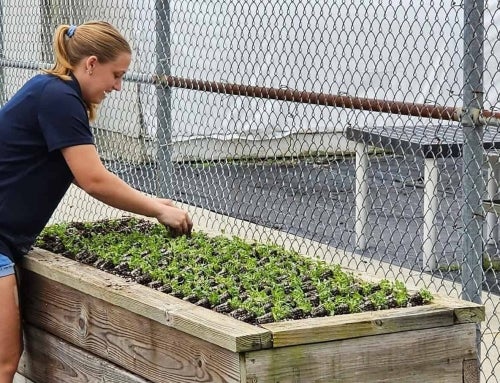National Farm Safety and Health Week is recognized every year during the third week in September, intentionally coinciding with fall harvest, one of the busiest and most dangerous times of year for farmers.
However, farming hazards are present during any season, and it’s important to know how to spot and prevent them. While agriculture safety applies to a broad range of topics, here are a few general tips to keep in mind, no matter what your task.
1.Educate yourself. Before you begin, learn all about the mechanics and risks of your specific project. Start with the National Education Center for Agricultural Safety (NECAS), which hosts National Farm Safety and Health Week. In addition to free webinars, you can find an extensive list of resources on its website.
The Occupational Safety and Health Administration also has resources dedicated to agricultural operations, including a page for youth. Treat this like a research paper: Find and note as much information as you can.
2. Stock a first aid kit. And restock, emphasizes Dan Neenan, director of NECAS. Neenan, a trained paramedic, has developed a farm first aid kit based on the injuries he and his team see most in farming situations. It comes in a sturdy canvas bag and includes large bandages, a thermal blanket, large shears, and four times the eyewash of standard kits. In some cases, you might want to stock it with additional supplies to relieve allergic reactions in an emergency. Your kit should go wherever you go.
3. Check your fire extinguisher. Ideally, test it twice a year. Sometimes it will have power but not propellant, so make sure to fill it after each use.
4. Read markings on every vehicle you’ll be in or near. Neenan notes that while tractor rollovers are decreasing, ATV/UTV rollovers are increasing. Don’t exceed the weight limits, as that can impact steering and braking, and avoid roadways because the tires are created for off-road driving. Wear your helmet and seat belt, if there is one, and steer clear of moving parts of any vehicle, especially PTO shafts behind tractors.
5. Avoid wearing loose clothing and jewelry. They can get in the way of your job, or worse — snag and injure you.
6. Ask for help. Neenan says stress and emotional health concerns are rising in farming communities. Know who to call, and recognize when you need to call.
For more specific farming safety tips, visit NECASag.org.












